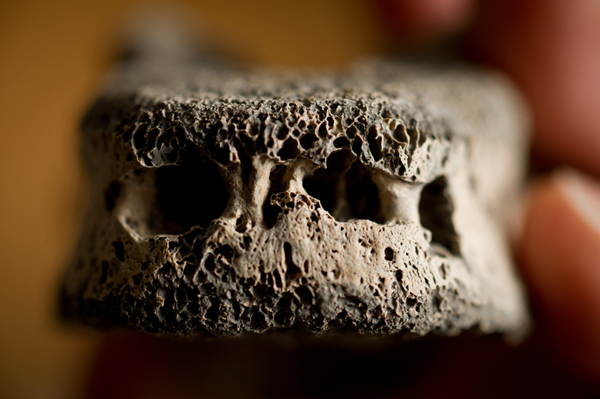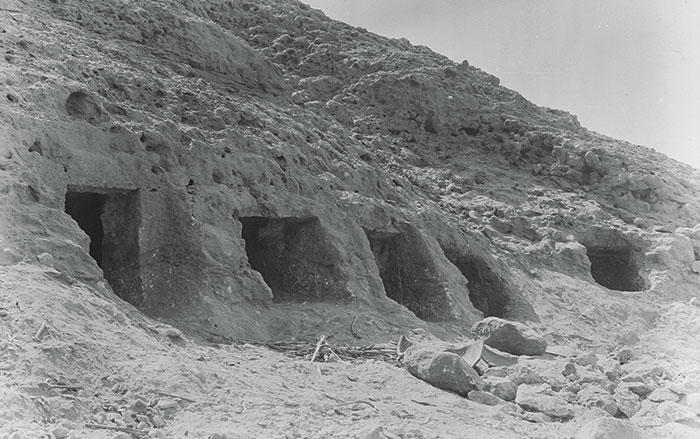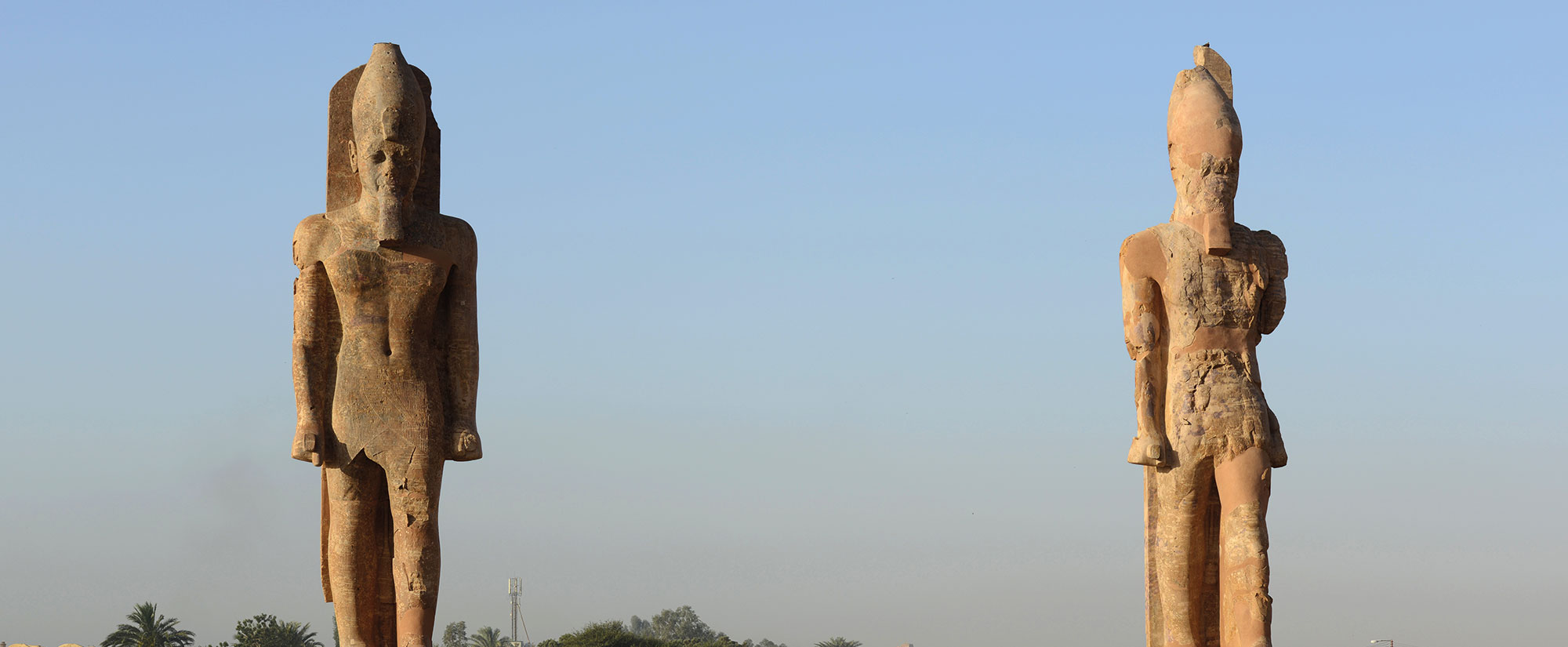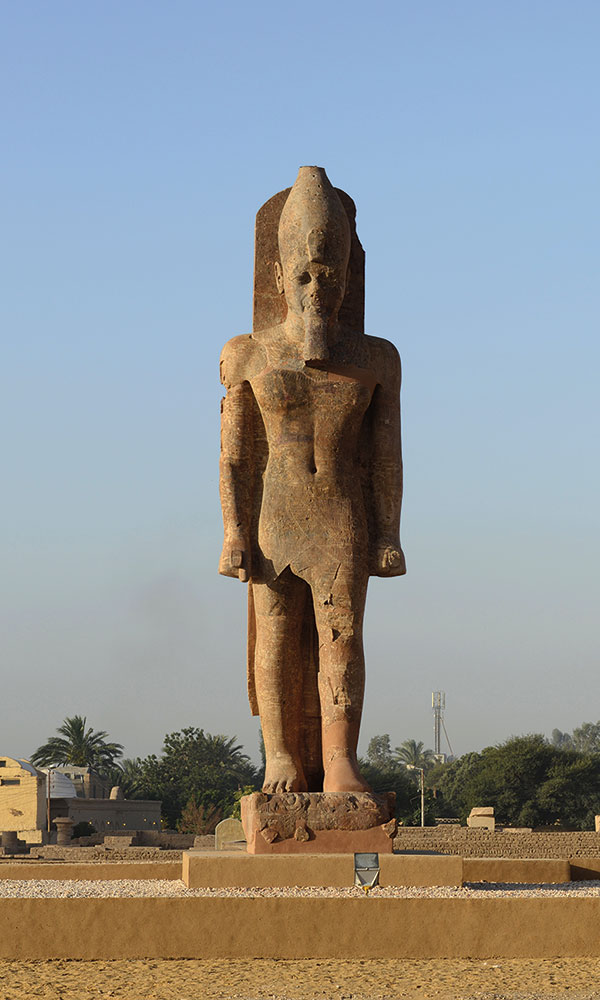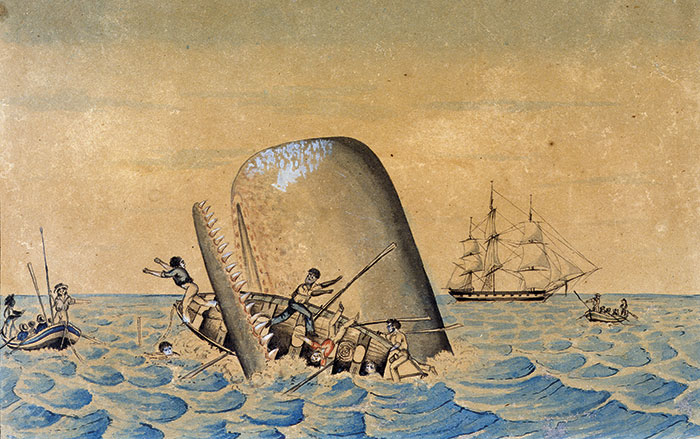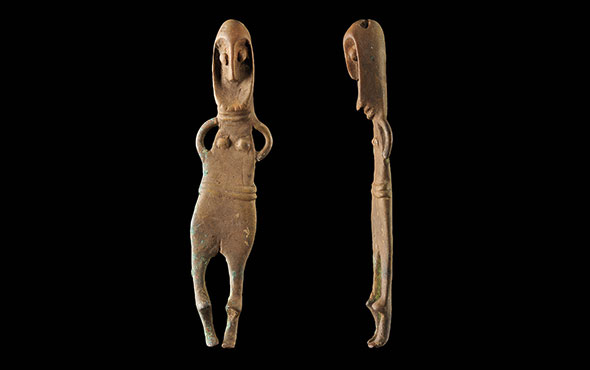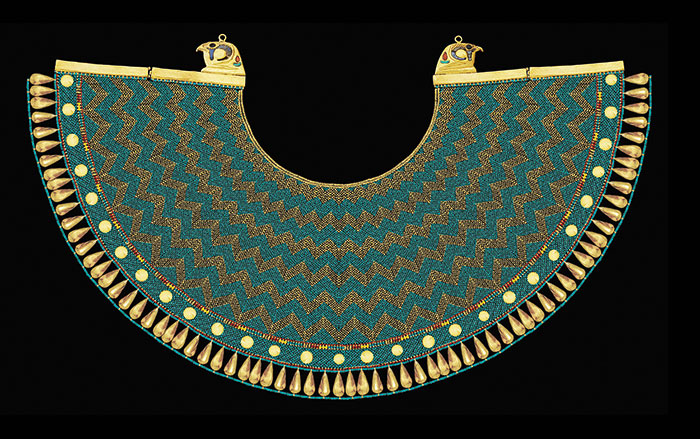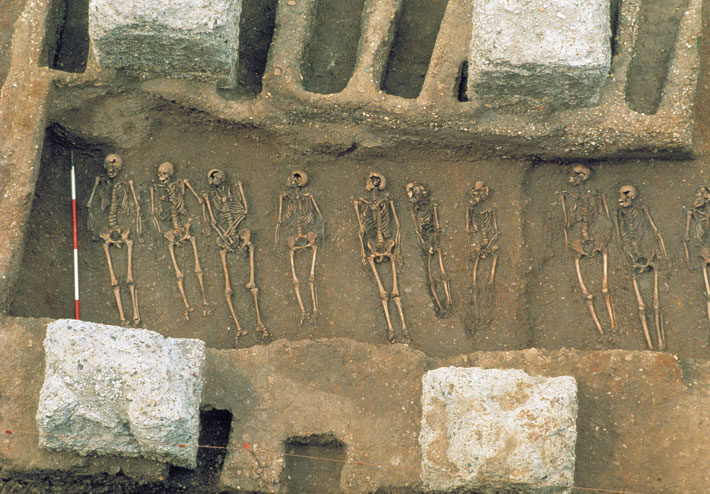
CHICAGO, ILLINOIS—Science News reports that a genetic variant that may have helped some medieval Europeans to survive the Black Death could contribute to a slight increase in the odds of developing inflammatory and autoimmune conditions today. Between 1346 and 1350, bubonic plague is estimated to have killed at least 25 million people, or about one-third of Europe’s population. Luis Barreiro of the University of Chicago and his colleagues obtained DNA samples from more than 500 people who died in London or Denmark between 1000 and 1800, and examined immune-related genes and areas of the genes associated with autoimmune and inflammatory diseases. The team members identified four locations on the chromosomes where changes may have been driven by exposure to bubonic plague, including an increase in the frequency of the ERAP2 variant. They found that immune cells in people who carry this variant were more effectively able to kill Y. pestis, the bacterium that causes bubonic plaque, thus increasing the odds of surviving the disease by as much as 40 percent. But the ERAP2 variant has also been associated with a slight increase in the risk of developing Crohn’s disease, which is caused by inflammation of the digestive system. Read the original scholarly article about this research in Nature. To read about the possible origin of the bacterium that caused the Black Death, go to "Around the World: Russia."


